
IBM doesn't even pretend to comply with H-1B immigration law
I’ve been away. We had a death in the family (my brother-in-law) which turned me into a single parent for a few days -- a paralyzing experience for an old man with three small boys and two large dogs. You never know how much your spouse does until it all falls for awhile on your shoulders. I am both humbled and a bit more wrinkled for the experience.
While I was being a domestic god a reader passed to me this blog post by John Miano, a former software developer, founder of The Programmers Guild, now turned lawyer who works on immigrant worker issues as a fellow at the Center for Immigration Studies (CIS) a supposedly nonpartisan think tank in Washington, DC. I don’t know Miano and frankly I hadn’t known about the CIS, but he writes boldly about H-1B visa abuses and I found that very interesting.
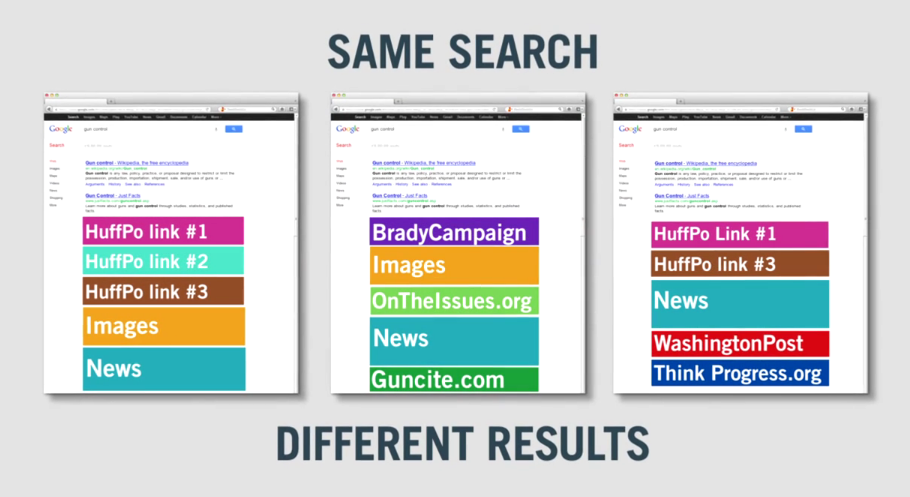
Your search results may vary -- why I switched from Google
Search engine DuckDuckGo released a video a few days ago that shows how Google personalizes results for all signed in and signed out users. It asked 131 people to search for the same Election related topics ("abortion", "gun control", and "Obama") on Google at the same time, and most of them received slightly different results.
That Google personalizes results in this way is hardly new information. The company has been doing it since 2009 and Eli Pariser covered the topic in depth in his 2011 book, The Filter Bubble (a great read). He also gave an enlightening Ted Talk on the subject in which he observes that "the Internet is showing us what it thinks we want to see, but not necessarily what we need to see."
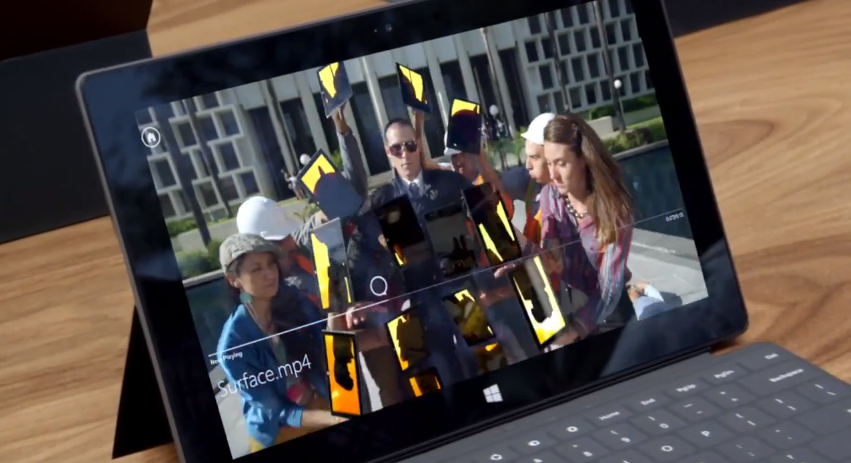
Will you buy Surface RT?
Today, Microsoft started taking pre-orders for Surface RT, one of its two branded tablets. The other, which isn't formerly priced, will cost more and comes with Windows 8 Pro. RT prices range from $499 to $699, on par with the new iPad. Microsoft chose not to sell the tablet against lower-cost Androids, such as Samsung Galaxy Tab 2 10.1, which Amazon has for $359.
Surface marks Microsoft's first real push into the tablet market. True, the company released Windows XP Tablet Edition a decade ago but OEMs shipped hardware. Now Microsoft competes with them, by offering its own device, which is optimized for its software and services and ships free of bloatware.

Microsoft's Surface town hall meeting: All the questions, All the answers
Tuesday afternoon, seven members of Microsoft's Surface team, led by General Manager Panos Panay, fielded questions from the public in an "ask me anything" (AMA) forum on popular Web community Reddit.
In the two-hour session on Reddit, the team was hit with several hundred questions about Surface; of which, about 50 were directly addressed. Like the United States Presidential debates, there is a considerable amount of equivocation and evasion involved in this sort of question and answer session, so some questions get glossed over with no mention. This happened quite frequently with two questions in particular: Why is there no NFC (near field communications) and why does it cost as much as it does? Neither was directly answered.
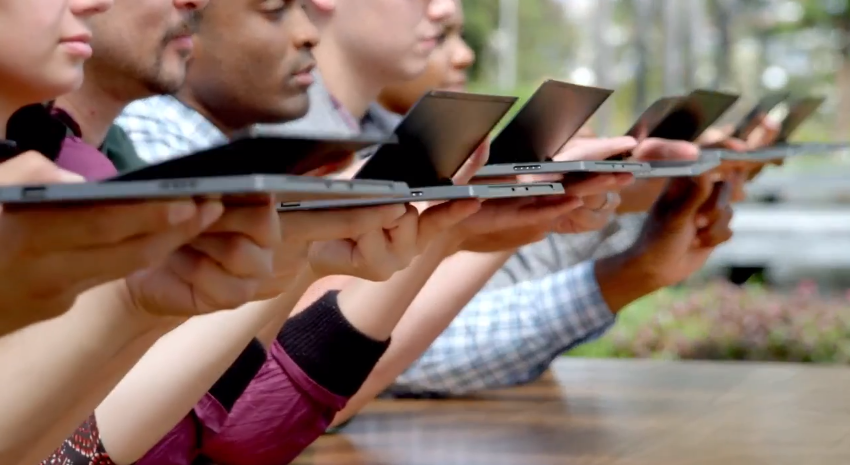
Microsoft prices Surface RT against iPad
Well, file this in the don't believe anything you read on the Internet department. Contrary to relentless rumors that Microsoft Surface would start at $199, actual cost will be $300 more. Rather than price against tablets selling for $299 or less, Surface competes with iPad, while offering more storage for less cost. But iPad has the way upper hand on screen resolution, which is a compelling feature.
At Noon EDT today, Microsoft started taking pre-orders for Surface, following a gaffe that temporarily offered the tablet and revealed pricing -- $499 to $699 for three models. The entry-level 32GB tablet is $499, same as new iPad, which is 16GB. The $599 Surface adds detachable keyboard cover, and the $699 model bumps storage to 64GB. Pre-orders are for the model running Windows RT. Microsoft hasn't announced pricing or started pre-orders for the Windows 8 tablet. As previously reported, Surface RT launches alongside Windows 8 on October 26. Yesterday, Microsoft kicked off the tablet's ad blitz.
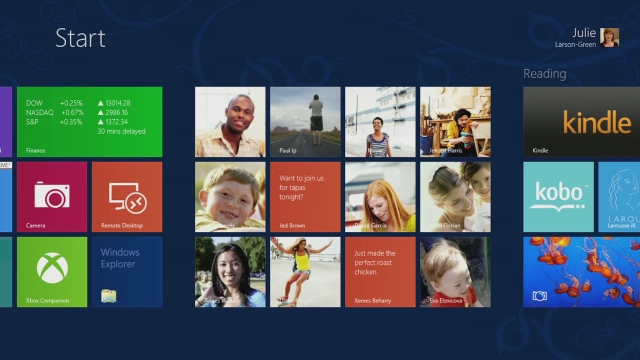
What Windows 8 Pro means to you (and Microsoft, too)
Microsoft announces calendar third-quarter earnings in three days, and during the conference call, as usually is the case, some financial analyst almost surely will ask about the percentage of professional to consumer versions sold, since the former typically yields higher margins. But that question may soon be a thing of the past, as Microsoft seeks long-term gains from a little short-term pain. The Redmond, Wash.-based company is quietly, but quite deliberately, trying to put Windows consumer, once called Home, out to pasture (hopefully with a bullet in its bytes).
The signs are everywhere. In April, Microsoft reduced the number of Windows editions to three -- 8, Pro and RT -- or four when looking at volume-licensing-only Enterprise. Most people can't buy Windows 8 Enterprise or RT (which is preloaded only). They also can't buy the consumer edition -- yet -- and Microsoft makes it awfully damn easy to get Pro. Existing users of most any version of Windows going back to XP can, until Jan. 31, 2013, upgrade to 8 Pro for $39.99. That's a helluva bargain, and the lowest launch promotional price for a professional Windows edition ever. Meanwhile, buyers of new Windows 7 PCs starting June 2 get a $14.99 free upgrade -- to Pro 8. Last week, Microsoft and retailers started taking boxed Windows 8 Pro upgrade preorders for $69.99. Windows 8 "consumer" upgrade isn't available. Is the pattern clear enough?
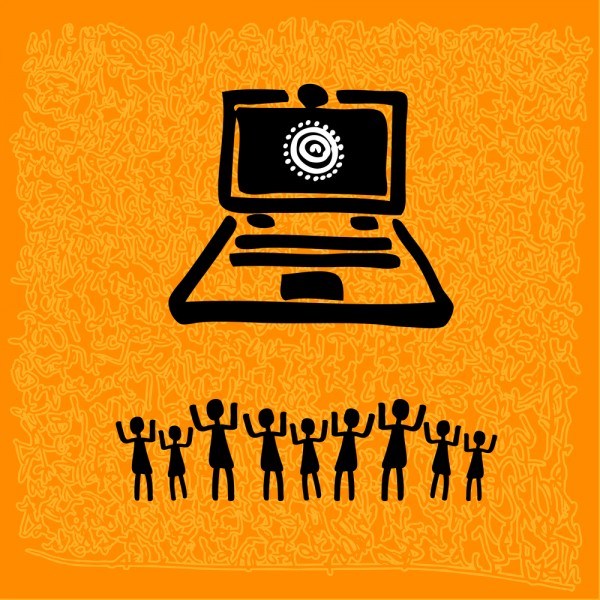
Tech tribalism leads to BAD computing decisions
Computing, and I use the term in the widest sense, has always been tribal to an extent. People have loyalties, and there’s nothing wrong with that. This year, tribes are called "ecosystems", but whatever the current label, looking around the Interweb it seems to me that tribalism is becoming more prevalent and more aggressive. It’s as if everyone stood on soapboxes with their fingers in their ears, shouting "LALALALALALALA", while at the same time (a good trick, this) yelling through a megaphone that theirs is the only way and anyone who doesn’t agree is just too stupid to be considered human.
Famously, way back in 1994, the writer and thinker Umberto Eco (The Name of the Rose) compared computing loyalties to religions: Apple followers were Catholics who believed that they would find salvation through following the One True Path. Conversely, PC users, like Protestants, were obliged to find their own way through the many paths open to them, and not all would be saved. And (I guess) Linux users are the hairy prophets who come out of the desert proclaiming, "It’s really easy. Honestly. And these days you only have to scourge yourself with thorns once a week …"

Bedouin justice is the answer for efficient financial regulation -- one judge, one sword
First in a series. Thirty years ago, when I worked for a time in Saudi Arabia, I saw a public execution. I didn’t attend an execution, I didn’t witness an execution, I just happened to be there. There was in the center of this town a square and in the square were gathered hundreds of people. I worked in a building next to the square and looked out the window to see what caused all the noise. At that moment a prisoner was brought forward, his arms bound behind him. He was dragged up the steps to a platform and there fell to his knees.
Another man, whom I quickly came to understand was the executioner, climbed to the platform with the prisoner and poked him in the side with a long curved sword. The prisoner involuntarily jerked up just as the sword slashed down and just like that there was a head rolling off the platform, the body falling dead like a sack of flour. The crowd roared. Beginning to end it took less than a minute.

Appeals court ruling is big trouble for Apple and Judge Lucy Koh
Rarely since I started reporting tech legal cases 15 years ago is an appellate order so clear: "We hold that the district court abused its discretion in enjoining the sales of the Galaxy Nexus". More: "Reversed and remanded". Ouch.
Today, the United States Court of Appeals for the Federal Circuit rejected the preliminary injunction that US District Judge Lucy Koh imposed against Samsung Galaxy Nexus and sent the case back to her. Matters are worse for Koh and Apple, if this 18-page order foreshadows anything about the recent jury verdict against Samsung.
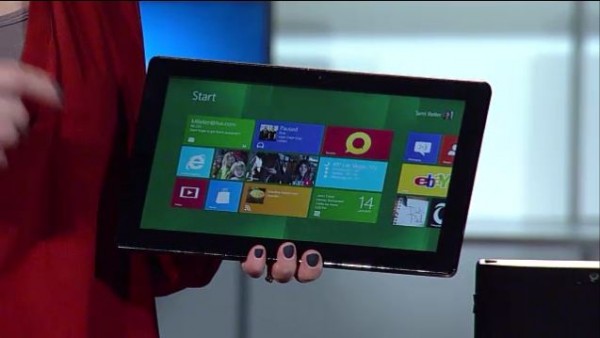
PC market collapses ahead of Windows 8 launch
If you can't figure out why CEO Steve Ballmer talks about reinventing Microsoft as a "devices and services company", Jay Chou, IDC senior research analyst, has an answer. "PCs are going through a severe slump". That's being polite in mixed company, when the F-word is so much more appropriate. Third-quarter PC shipments accentuate an already dreadful trend. Analysts expected slowing shipments as the market prepares for Windows 8, but nothing quite like this. The seasonal back-to-school lift collapsed, with even Mac shipments slowing.
Global PC shipments fell 8.6 percent year over year, according to IDC, surpassing the minus 3.8 percent forecast. Gartner's estimate is a more generous 8.3 percent decline. The United States, a region recently in love with tablets, is in free fall, with shipments down 13.8 percent by Gartner's reckoning and 12.4 percent according to IDC. For the better part of a year, analysts excused declining PC shipments as market anticipation for Windows 8. But the slowdown during back-to-school buying season foreshadows weakness ahead.

Apple logo offends Russian Christians
According to a story on the Russian Interfax news site, some Russian Christians have taken to defacing, or replacing, the logo on their Apple products because it’s "anti-Christian" and insults their faith.
While to you or I the logo just looks like a Golden Delicious that’s had a chomp taken out of one side, to some radical Orthodox Christians, including some priests, it apparently represents the original sin as described in the Bible, where Adam and Eve disobey God by noshing on some forbidden fruit in the Garden of Eden.

Get a life! Microsoft isn't trying to be Apple
Yesterday's Steve Ballmer "devices and services company" letter unleashes a torrent of idiot punditry. I can only laugh at the sheer stupidity of writers infatuated with the idea Microsoft wants to be Apple, or putting forth such lunacy to sack pageviews.
Read Ballmer's 1,300-word missive again. Microsoft's focus on devices and services has little to nothing to do with Apple. The cloud-connected device era is here and Microsoft embraces it to maintain computing relevance. The company has been on this course for years. Research and development takes time, and the good ship Microsoft is too large to change course in a few months -- or even a few years. The sheer number of carefully coordinated new (and largely changed) products shipping simultaneously (or soon after) clearly indicates a massive undertaking long planned.

Microsoft wants to become Apple, but can't
Microsoft has a long history of copying Apple. Back in the early 90s, Bill Gates' company introduced features found in the Macintosh GUI into Windows 2.0, sparking a copyright infringement lawsuit (Apple's taste for litigation is nothing new). Microsoft arguably has pilfered ideas from its rival's OS ever since -- Windows’ taskbar and Aero Peek certainly share clear similarities with OS X's Dock and Exposé. When the iPod became a massive hit, Microsoft introduced the Zune. Apple stores are hugely popular, which is why we’re now seeing Microsoft Stores popping up everywhere. Surface, in a way, copies the iPad, although of course Microsoft has tried (and failed) to popularize tablets since 2002.
And yes, before I go too far into this article, I’m aware the above paragraph could be seen as troll bait, so I’ll point out that Microsoft copies from other companies too -- Google being a major example -- and Apple, in turn, has lifted ideas from Microsoft, particularly from its operating system. Big companies copy from one another, it’s a fact of life. My point, however, is when Apple does something exceptionally well, Microsoft is keen to try and follow suit.
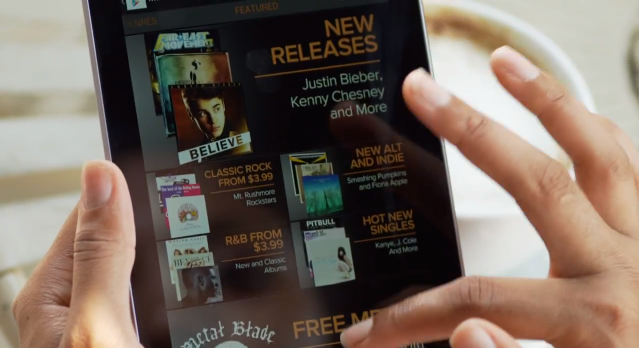
Google's new Tablet App Quality Checklist should be mandatory
My only real complaint with the Nexus 7 is the way apps are displayed. Many times developers have not compensated for a screen larger than 4 inches, and the resulting app looks terrible. Nexus 7 does a decent job of covering this up in some places due to the size of the screen, but when you come across an app that has clearly been designed for many screen sizes, you notice the difference.
Google encourages developers to design their apps to suit the operating system instead of the screen size through a variety of mechanisms, the most recent being a checklist to ensure higher quality design practices are being used when developing apps. In my opinion, this checklist should be much more than a friendly suggestion.

You can forget iPad mini
I did something quite shocking yesterday -- talk to my boss on the phone. Yes, we both occasionally get sentimental about such old-fashion communications. Among the topics: iPad mini, which is perennial rumor topic recently. Neither of us could quite fathom why or for what price a smaller Apple tablet makes sense. A new survey makes iPad mini all the more perplexing, and all the less a good idea.
According to an August TechBargains.com survey of 1,332 shoppers, 50 percent wouldn't buy iPad mini, while 45 percent would purchase iPhone 5. Meaningful context: The shopping comparison site conducted the survey before either product was announced, equally gauging sentiment based on rumors. Only 18 percent of respondents would buy the tablet. But that low number only hints at the deep level of disinterest.
